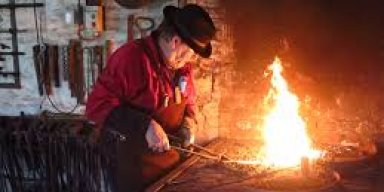Blog
» Categories
» Kashrut
The status of glass is very interesting. Glass was so rare and expensive that it is no wonder that the Talmud did not list it among the other kasherable items; metal, wood, stone, with rubber coming in later. Only the richest owned glassware. Most...
Comments
Likes
In the quote from Numbers I mentioned earlier, the rabbis derived from "that which has passed through fire, you shall pass through fire..." the principle is "as it absorbs, so it releases". That means that in the same way a utensil has become non...
Comments
Likes
That there is no way to kasher an earthenware utensil is a famous principle throughout the Talmud, both in the areas of kashrut and ritual purity. But there are tantalizing hints to the contrary in some rabbinic writings. There is a reference in...
Comments
Likes
As I pointed out in my post about bugs, there is often a huge gap between theory and reality. Some avoid green vegetables altogether, as eating a bug involves transgressing five Biblical prohibitions. But, in fact, one would have to plan their bug...
Comments
Likes
As in many things, confusion comes in with stoves and ovens, as the ancient forms of these objects had little resemblance to what we use today. Rules stated about the ancient ovens may or may not be applicable to today's ovens.. The ancient oven...
Comments
Likes
The Talmud tells us that if one cut a cucumber with a knife, and the knife had residue of meat, dairy, or something not kosher, all we need to is clean off the cucumber where we cut it, and we are good to go. However, if we cut "tznon" (usually...
Comments
Likes











